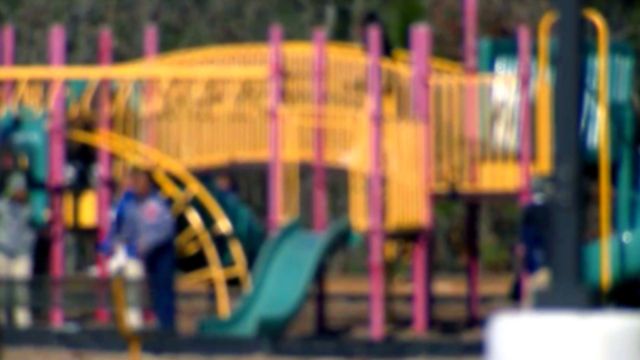First-grader prompts Cumberland schools to address gender identity
Cumberland County Schools will develop a policy about how to accommodate students who identify as the opposite gender after parents say they were unaware that a first-grader started dressing and behaving as a girl.
Posted — Updated"Once the (school) board attorney confirms that we do have this particular student, that they are a student in the Cumberland County Schools, then (the attorney) is going to get the school board together and address the policy that needs to be in place," Cumberland County Schools school board member Michael Boose said Monday.
"We're going to be in compliance with all federal and state laws and try to make the child as welcomed as we can under the circumstances," he added.
The school system recently became aware of the matter after parents expressed concerns that they weren't notified that the child started wearing girl's clothes and going by a female name, painting her nails and going to girls' restrooms.
Some parents, like Robin Campbell, say they were surprised when their children began coming home and asking questions.
Campbell, who has a second-grader at Howard Hall, says she doesn’t mind that the school is accommodating the child but that she feels administrators could have done a better job informing parents.
"It should have been brought up with the parents," Campbell said. "The parents should have been told so that we could answer questions our kids may have."
Cumberland County Schools Superintendent Frank Till was out of town Monday and unavailable for comment.
Pam Long, a friend of the child's family, said her parents allowed her to identify as a girl at the advice of their psychologist.
So how should parents talk with their children about a person who dresses or acts in ways associated with the opposite gender – classified as gender dysphoria by the Diagnostic and Statistical Manual of Mental Disorders?
Local child psychologists advise parents to keep the conversation age-appropriate. A child might be too young to understand gender identity and sexuality, but they can grasp the concept of being different.
Experts also recommend that parents focus conversation on how a child can accept someone's differences and advise parents to encourage their children to ask questions, even if they don't immediately have the answers.
Psychologists recommend that parents work through their reaction to gender dysphoria separately from talking with their children. Experts say children might repeat something they hear out of context, which could have adverse effects on others.
Gender dysphoria and how schools handle transgender students is something schools are coming to address more and more.
In California, for example, a law went into effect this month requiring public schools to let children use sex-segregated facilities and participate in gender-specific activities of their choice.
Proponents of the law – the nation's first – say it protects students from bullying and better protects their rights. Those opposed to the measure are trying to get the law repealed.
• Credits
Copyright 2024 by Capitol Broadcasting Company. All rights reserved. This material may not be published, broadcast, rewritten or redistributed.





